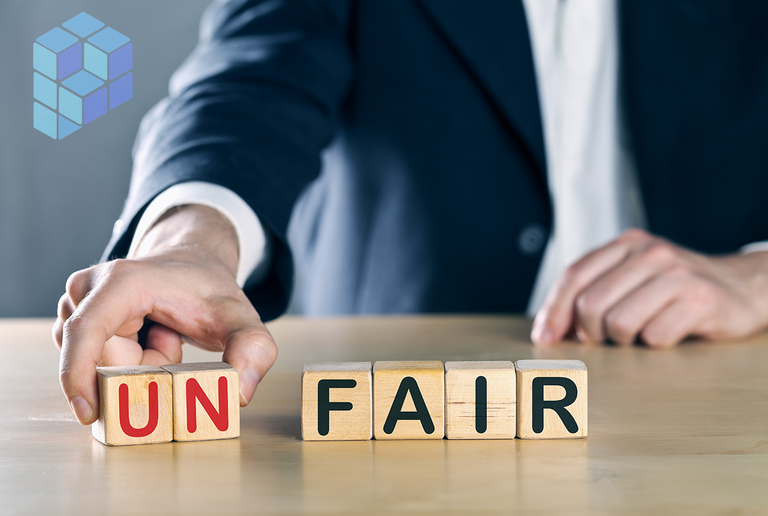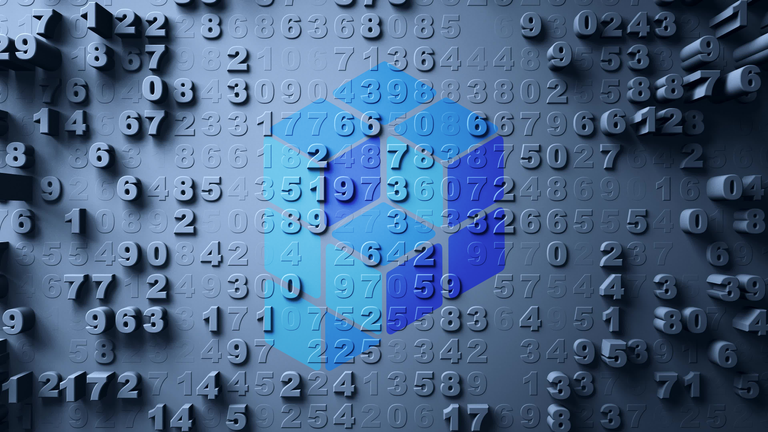
Playing your favorite video game where you get random loot within the game, did it seem fair? Playing online poker, how do you know the hand you're dealt is as fair for you as everyone else? Playing a nice church group game of Bingo to raise money for charity, is everyone getting the same odds, or is someone else winning more? You are always trusting that whatever is being presented to you on your screen is in fact being provided fairly without any way to verify it is. At the heart of that fairness is the ability to produce an amazing constant in the universe which is difficult to produce in computing, randomness.
In my last article Let's Get Real World About Blockchain, I shared some of the issues surrounding real world data and how we make mechanisms which ensure we have consistency in consensus on data. Today I want to explore the importance of randomness both in security and in practical application.

Many Dapps Within the Blockchain Space Have Failed to Produce Randomness
That has resulted in hacks where the results of the outcome of games were known to the hackers and exploited. Without an effective degree of randomness the security of systems can be compromised. When randomness is controlled by an operator, it invites the potential for results to be manipulated and compromises the mechanics that were intended to be secure and fair. Don’t mistake the roll of a dice to be what this is about, randomness is something that permeates all creation, and is fundamental to the security of systems you use.
I believe that in order for any Dapp to be trustworthy, it needs to have a decentralized tamper-proof random number generation (RNG) which can verify the provable fairness and transparency to everyone. We want to have fun without having that inkling in the back of our minds wondering if we are really playing, or being played. This can be accomplished with a verified decentralized RNG which confirms to known industry standards to ensure that enough randomness is provided.

Peerplays has Developed a Unique Decentralized RNG
Feature which is going through a verification process with a certification organization at this moment. This verified RNG will be made available to numerous applications globally, both on and off chain in order to provide a more decentralized choice for either operators, or developers who need the legitimacy of a tested and verified RNG to power their games or the operations in their Dapps which require randomization to secure them. Thanks to the elegant design, speed of this decentralized RNG is a nonissue, unlike other attempts that have been made in the past.
This has a lot of implications for Dapp developers who want to provide trustworthy randomness to those that use their Dapps. For the users it provides peace of mind they aren’t being played, and more importantly, they won’t be harmed through some exploit due to a developers poor choice in security level randomness. Many blockchain Dapps throughout the years on various smart contract platforms have incorporated their own variations of randomness only to find out the hard way that it was exploitable. Confidence lost, and users left disillusioned. This is not what blockchain is supposed to be about right?
In practical business terms Dapps which are used for igaming need to use RNGs which are certified by certifications organizations which are known and respected within the industry. Typically, this process is repeated every time, as every application has its own RNG that is run by the operator of the app. In the new world we want to see this counterparty risk taken away, and have a decentralized RNG game operators utilize which users of their applications can trust and verify knowing it was provided from the open public decentralized Peerplays blockchain.
People like things that are predictable, I totally get that. What needs to be predictable in this case is the systems we use always being secured by a decentralized randomness that protects everyone across networks, instead of being determined by a select few.
.
.
.
This is the 10th in a series of articles I will be making over the next month. Be sure to subscribe to get notified of future posts to find out where this goes.
Have thoughts on what I shared? Feel free to leave a comment and share!
My next article has been posted, you can find it here: Not a People Problem, a Systemic One - The Way Forward for Worker Proposal Integrity in Blockchain